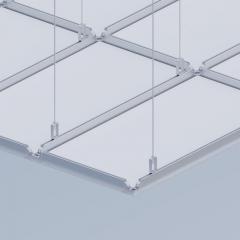
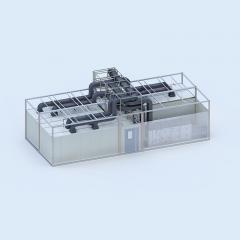
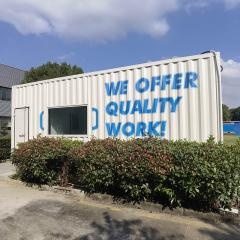
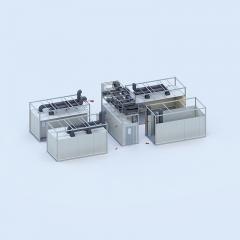
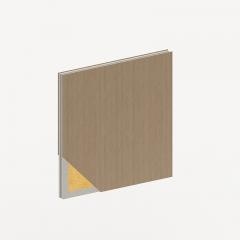
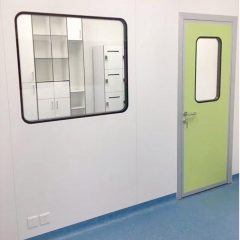
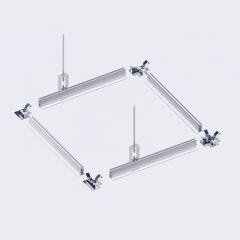
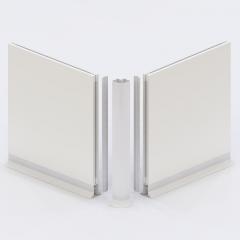

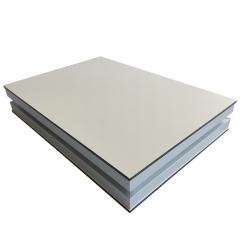
The development trend of modular laboratories has been gaining momentum in recent years due to the numerous advantages they offer. Here are some key trends shaping the field of modular laboratories:
Flexibility and Adaptability: Modular laboratories are designed to be highly flexible and adaptable to meet changing research needs. They can be easily reconfigured, expanded, or relocated without significant disruption to ongoing operations. This flexibility allows research organizations to respond quickly to evolving requirements and optimize the use of available space.
Time and Cost Savings: Modular laboratories offer significant time and cost savings compared to traditional construction methods. The modular components are prefabricated off-site, allowing for concurrent preparation of the building site and module fabrication. This parallel construction process reduces project timeframes and associated costs. Additionally, the controlled factory environment ensures higher construction quality and minimizes on-site rework.
Scalability and Modularity: Modularity enables laboratories to be scaled up or down as needed. Researchers can easily add or remove modules to accommodate changing research demands or future expansion plans. This scalability makes modular laboratories ideal for research institutions that have fluctuating space requirements or anticipate future growth.
Sustainability and Energy Efficiency: Modular laboratory buildings often incorporate sustainable design principles and energy-efficient features. They can be designed to utilize renewable energy sources and maximize natural light and ventilation. Additionally, sustainable construction materials and practices can be employed, reducing the environmental impact of the facility.
Innovative Technologies and Integration: Modular laboratories embrace the integration of advanced technologies. From state-of-the-art research equipment to smart building management systems, modular laboratories are designed to accommodate and efficiently integrate cutting-edge technologies. This integration enhances research capabilities, data collection, and operational efficiency within the facility.
Compliance and Safety: Modular laboratories can be designed to meet strict regulatory requirements and safety standards. From specialized HVAC and filtration systems to controlled access and monitoring systems, safety and compliance features can be integrated into the modular design. This ensures that the laboratory environment is safe for researchers, equipment, and the research being conducted.
Collaboration and Multi-disciplinary Spaces: Modular laboratory designs increasingly emphasize collaboration and multi-disciplinary research. By creating open and shared spaces within the laboratory environment, modular designs foster interdisciplinary collaborations and knowledge exchange among researchers from different fields. This enhances innovation and accelerates scientific progress.
These trends reflect the growing recognition of the benefits that modular laboratories offer, particularly in research and development settings. Their inherent flexibility, cost-effectiveness, and adaptability make them an attractive choice for institutions seeking agile and efficient research facilities.
Specialize in Modular clean room、Prefabricated laboratory、Folding laboratory and Container laboratory etc...